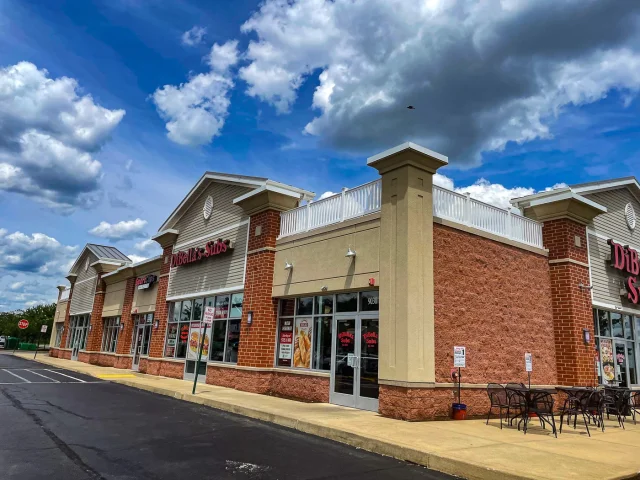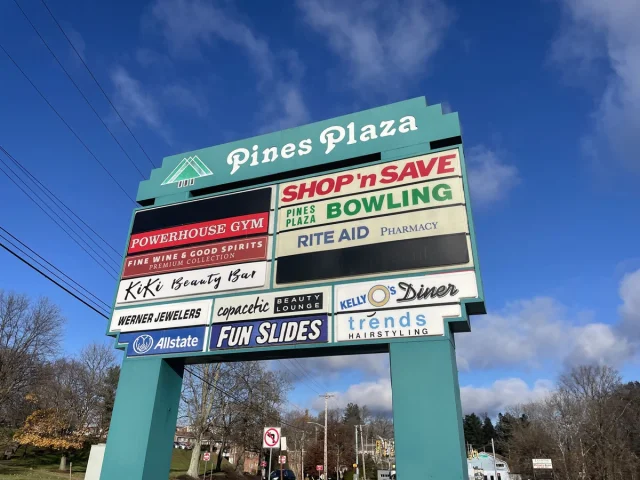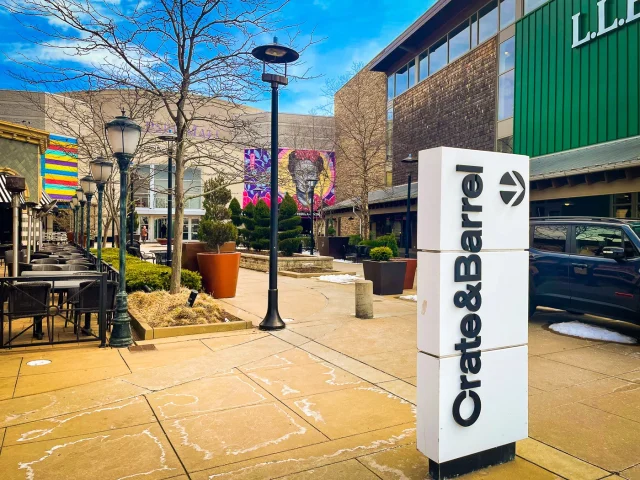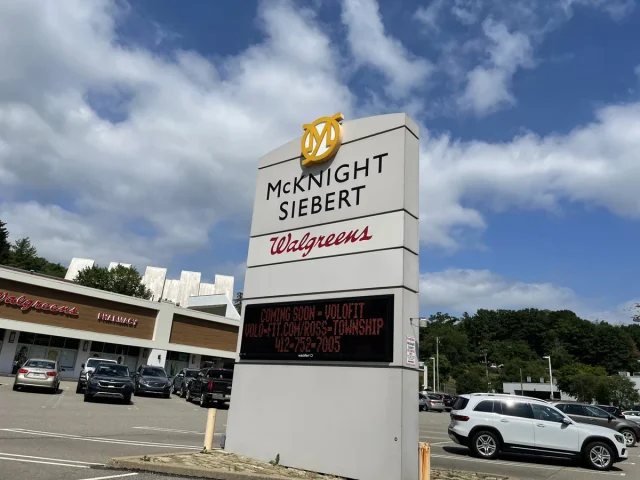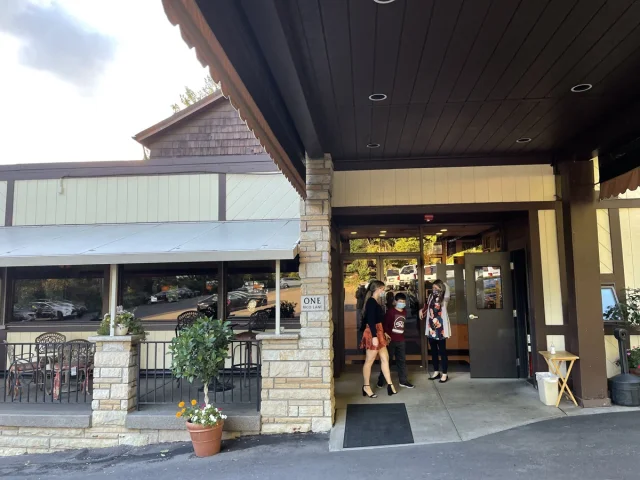Juneteenth, celebrated on June 19th, is a significant day in American history, commemorating the end of slavery in the United States. Its origins date back to June 19, 1865, when Union General Gordon Granger arrived in Galveston, Texas, to announce the end of the Civil War and the liberation of all enslaved people.
This announcement came two and a half years after President Abraham Lincoln's Emancipation Proclamation, which had officially abolished slavery on January 1, 1863. The delay in this life-changing news reaching Texas marks the significance of Juneteenth, also known as Freedom Day or Emancipation Day.
Historical Context of Juneteenth
The Emancipation Proclamation was a pivotal decree, but its impact was limited to Confederate states that were still rebelling against the Union. It wasn't until the Thirteenth Amendment was ratified on December 6, 1865, that slavery was abolished nationwide. However, in many parts of the Confederacy, enforcement of the proclamation depended on the advance of Union troops. Texas, being relatively remote and lightly garrisoned, became a refuge for slaveholders who wanted to escape the war's reach. Hence, General Granger's arrival in Galveston and the subsequent General Order No. 3 were monumental, effectively freeing the last remaining enslaved people in the Confederacy.
Juneteenth's Journey to Recognition
Initially celebrated primarily within African American communities in Texas, Juneteenth gradually spread to other states as African Americans migrated. The day became a time for family gatherings, prayer, and the celebration of African American culture and achievements.
Despite its historical importance, Juneteenth was slow to gain national recognition. It wasn't until recent decades, and notably after the social justice movements of the 21st century, that Juneteenth received broader acknowledgment. In 2021, President Joe Biden signed legislation making Juneteenth a federal holiday, recognizing its significance to the nation's history and cultural fabric.
Celebrating Juneteenth in Pittsburgh
Pittsburgh, with its rich history of African American culture and civil rights activism, celebrates Juneteenth with a vibrant array of events and activities that reflect the day’s historical significance and its contemporary relevance. Here’s how the Steel City honors this vital part of American history:
Community Events and Festivals
- Western Pennsylvania Juneteenth Celebration: One of the largest in the region, this event typically spans several days and includes parades, live music, food vendors, and educational activities. Held in Point State Park and Market Square, it draws thousands of attendees who gather to celebrate African American culture and history.
- Historic Hill District Celebrations: The Hill District, known for its rich cultural heritage, hosts a series of events, including historical reenactments, cultural performances, and community discussions. These events emphasize the historical importance of Juneteenth and its relevance to contemporary issues of social justice.
Educational and Cultural Activities
- Workshops and Panels: Local universities, museums, and cultural institutions often organize workshops, panel discussions, and lectures that delve into the history of Juneteenth, the legacy of slavery, and the ongoing struggle for racial equality. The Heinz History Center and the Carnegie Library of Pittsburgh are notable for hosting such informative sessions.
- Art Exhibits and Performances: The celebration of Juneteenth also includes artistic expressions through exhibits, theater performances, and concerts that highlight African American contributions to arts and culture. The August Wilson African American Cultural Center frequently showcases works that resonate with the themes of freedom and resilience.
Community Engagement and Service
- Volunteer Opportunities: Many local organizations use Juneteenth as an opportunity to engage in community service, offering volunteering events that support marginalized communities and foster a spirit of unity and solidarity.
- Youth Programs: Programs aimed at educating young people about the significance of Juneteenth are crucial. These include storytelling sessions, educational tours, and interactive workshops that make history accessible and engaging for younger generations.
A Day of Reflection and Celebration
Juneteenth in Pittsburgh is a blend of celebration, education, and reflection. It honors the resilience of African Americans and their contributions to the city’s rich cultural tapestry.
As more people learn about and participate in Juneteenth events, the day serves as a powerful reminder of the ongoing journey toward equality and justice.
By recognizing Juneteenth as a pivotal part of our national story, Pittsburgh continues to celebrate its diverse heritage and the enduring spirit of freedom that defines the city and the nation.





